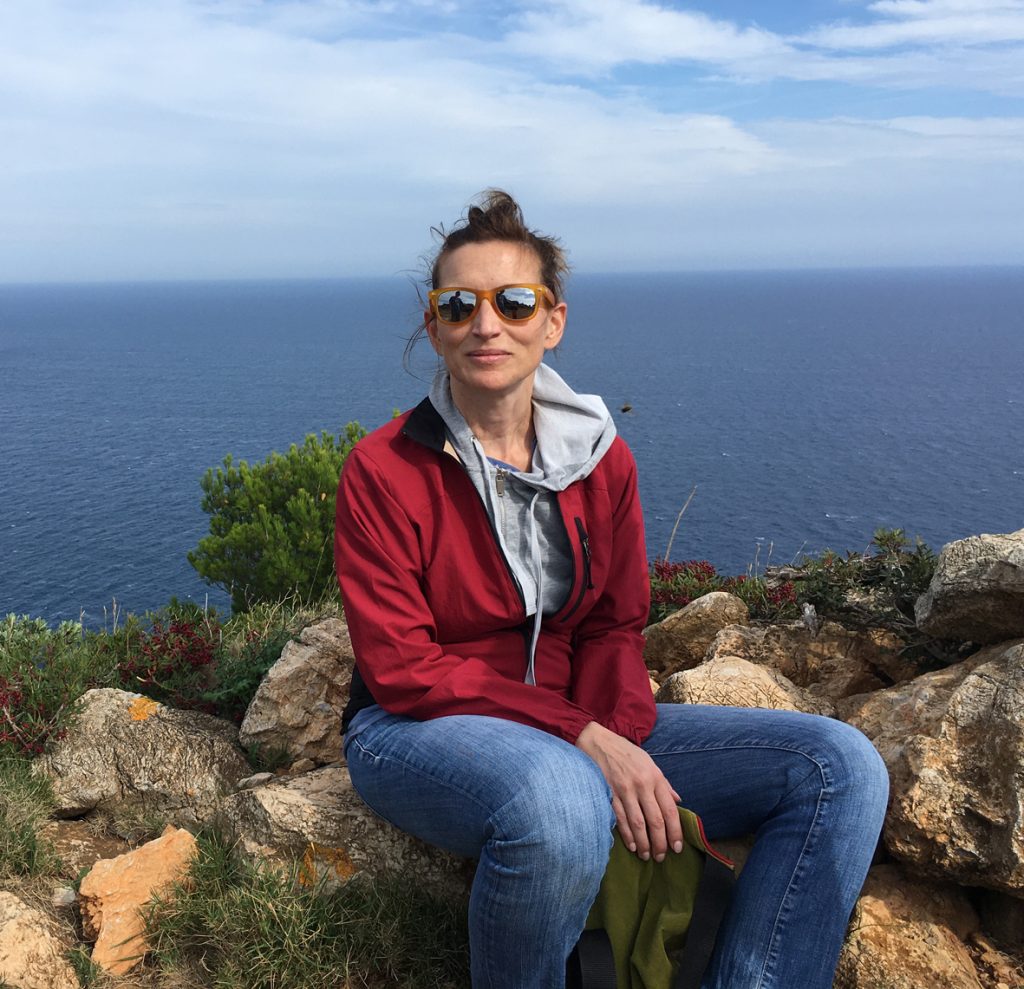March 24, 2022 · 6 min read
“Ex Novo – Science behind the scenes” is a series of articles born within ISA’s blog in collaboration with the Collegio Nuovo – Fondazione Sandra e Enea Mattei in Pavia, whose students´ community is marked by a strong presence of women in science. Science is research, long hours to carry out experiments in the laboratory or in the field, but science is also communication, grant writing, entrepreneurship, administration, teaching, project management, leadership and many other facets. We will post articles, interviews and short stories on these multiple aspects of the scientific endeavour.
From a grant to the actual project: a personal experience in managing a European collaboration
Back in 2020, we were talking about the art of grant writing…but once your grant is funded, it not the end of the story, it is actually the beginning of a new adventure, of a new project that can also last a few years – a small piece of your life. After the initial excitement of receiving a letter from the funding agency that indeed you were successful, you start scratching your head: how am I going to do what I wrote? How will I achieve the ambitious goals that I proposed? Was I maybe too ambitious?
I would like to share my experience in coordinating and managing the ORION Open Science project to promote Open Science in research institutes and funding organizations. You can read a few older posts on Open Science in the ISA blog, but in simple words, it is science carried out and communicated so that others can use and benefit of your research results, protocols and methods.
ORION was a four-year project with specific objectives and a generous budget of €3M, and with the additional complexity of involving nine organizations across six European countries. Together, we wanted to explore how to open up science, how to engage different and multiple actors in the research activities carried out in our institutes. As examples, we were planning to develop scientific projects in collaboration with schools, artists, designers, patients…people who usually do not collaborate among each other. We wanted to organize dialogues with citizens on the social and ethical relevance of specific technologies in life sciences, such as genome editing (i.e., the technology to change the genome of living organisms), to see how to incorporate their views in our research. We were highly excited to start these initiatives…but I admit that the way how to proceed forward was not that clear…
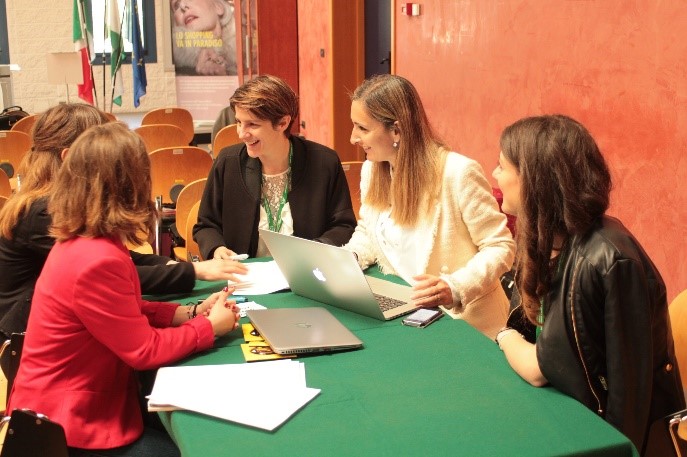
Figure 1. Working session during one of the initial ORION meetings to plan joint activities.
Looking back when we started in 2017, I believe it was very important to kick off with the right foot. We organized an initial meeting to plan our journey together, including multiple interactive working sessions to get to know each other, to think carefully about our activities and goals, to be creative and at the same time, critical and realistic.
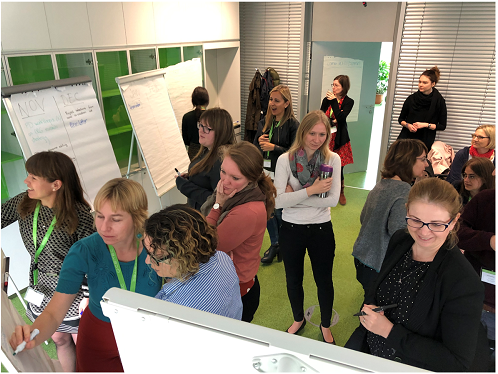
Fig. 2. Another moment of team work during an ORION meeting (Brno, 2019).
The highlight was a joint cooking class of Spanish tapas in the old centre of Barcelona – that first night together helped us to develop the spirit of the project through the four following years: co-creating, collaborating, experimenting and having fun!
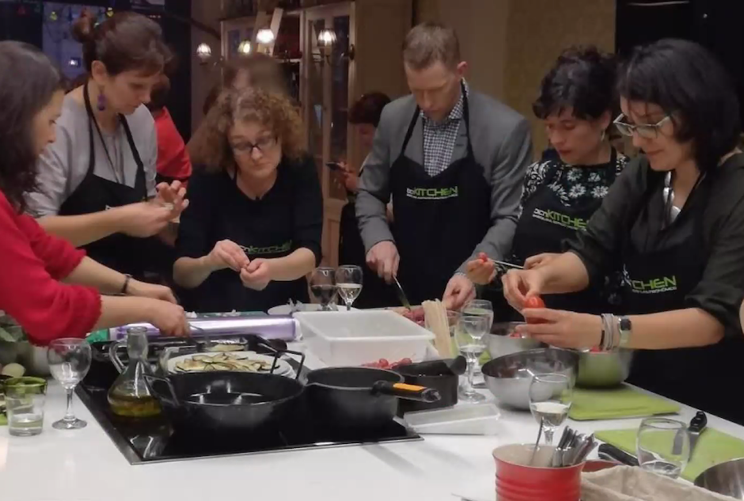
Fig. 3. Cooking workshop of ORION partners, focused on preparing delicious tapas!
The ORION journey was not free of challenges and some bumps. We had to learn how to work together, respecting our cultural differences and different ways of behaving and working. This is very common in international and interdisciplinary collaborations, and it is critical for their success to reach a common understanding and agree on solid work plans. Social activities and a relaxing and trustful atmosphere can help too! Sometimes, we had to say good-bye to our collaborators as they found new professional opportunities, or we had to cope with some maternity/paternity leaves because new babies joined this world (we had six during ORION!). In 2020, the COVID-19 pandemic arrived and we had to adapt our planned activities to the online format. This was not easy (as for everybody else) but it allowed us to transform a challenge into an opportunity. In fact, through virtual conferences and events, we were able to reach people everywhere in the world and many more audiences, since no travelling was involved. For our Final Conference, we gathered over hundred participants on our home screens, from around Europe and beyond. We also had top-level speakers from the European Commission and UNESCO, to cite a few examples.
So, again, were we too ambitious? Definitely not, dreaming takes you far and as a team, we went actually beyond our expectations.
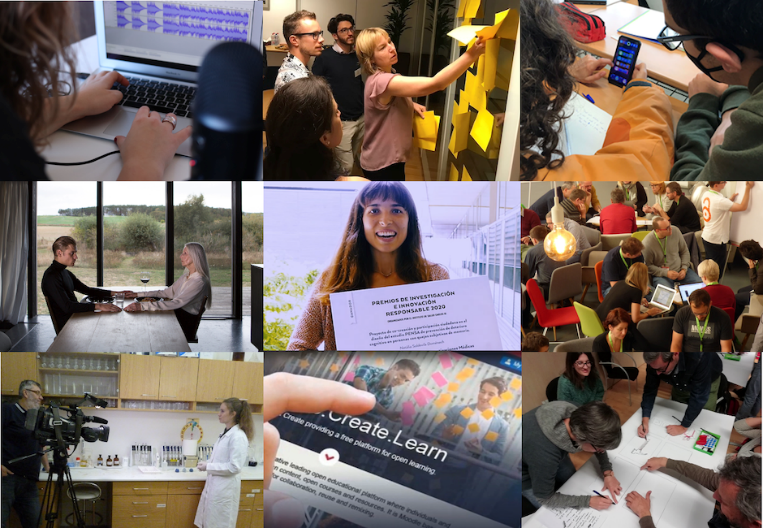
Fig. 4. A collage showing diverse collaborative and creative moments during ORION events.
Let´s just think of the Genigma mobile app. Genigma was initially planned on the sofas on the fourth floor of the beachfront building where the Centre for Genomic Regulation is located. A few researchers and an expert on public engagement were discussing a potential genomics project in collaboration with citizens, non-scientists, people with different views and expertise but zero knowledge on biology and genes (called simply a “citizen-science” project). Would this be possible? After two years of co-design and co-creation with schools, patients, teachers, gamers, designers, and many more enthusiastic citizens, Genigma is now live, triggering an enthusiastic global interest. After three days from its launch, it gathered more than 4.000 gamers from 92 countries; after eight weeks 33.000 people from 144 countries downloaded Genigma, allowing to gather more than 400.000 data. When you play Genigma, solving the puzzles proposed by the game, you are actually collaborating with researchers to advance in deciphering the genome of breast cancer cells (the challenge is still open and the more people collaborate, the faster research can progress, so download it and contribute as well!).
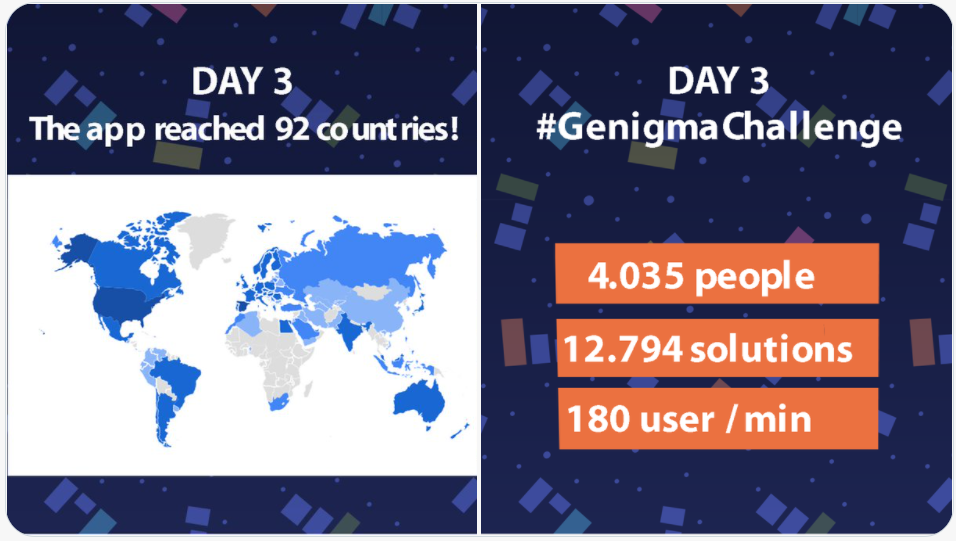
Fig. 5. Genigma at Day 3, after its launch.
The ORION project is actually over, the money has been spent and the objectives fulfilled, but not the journey…Genigma as well as other open science initiatives in the project keep kicking, growing and teaming up, maybe inspiring more writing for a new grant. Let´s start again!
